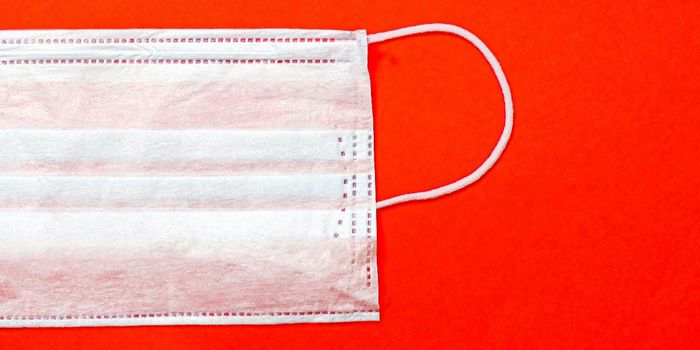Antidepressants in Waterways Can Change Animals' Behavior
Prescription drugs in waterways may be altering the behavior of aquatic animals, according to a study published this week in the journal Ecosphere.
Researchers examined the behavior of spinycheek crayfish exposed to the antidepressant citalopram, a selective serotonin reuptake inhibitor (SSRI), at ecologically realistic levels in artificial stream environments in New York. They found that citalopram made crayfish bolder foragers — and possibly easier prey. The crayfish were about twice as fast to emerge from hiding to investigate a possible food source, the study authors observed.
Arthropods like crayfish are also important to freshwater ecology in managing the benthic environment—the leaf litter, algae, bacteria and tiny invertebrates that line the bottom of waterways. The study authors found that certain metrics of stream health, including algal growth, changed when the crayfish were exposed to antidepressants, possibly due to shifts in their behavior patterns.
And while the humble crayfish may not have many human fans, its more charismatic predators—including herons, foxes, otters and several game fish—stand to be affected as well. Over time, compounds like citalopram can collect in animals’ fatty tissues through a process called bioaccumulation. When these SSRI-laden crayfish are gobbled up, they give their predators an even more highly concentrated dose than in the water column. In one dramatic example, a 2018 Australian study estimated that platypuses may ingest up to half the recommended dose of SSRIs daily through contaminated prey.
The Ecosphere study was conducted over a period of 14 days, and while the effects observed were significant, the authors predict a longer experiment would produce more dramatic ecosystem-level effects.
SSRIs and other prescription drugs can enter waterways through industrial dumping and, since we don’t metabolize 100 percent of the drugs we ingest, faulty septic systems and water treatment plants that aren’t engineered to scrub them. Experts recommend disposing of unwanted or expired drugs during collection days organized by your local pharmacy, fire department, or law enforcement agency.








